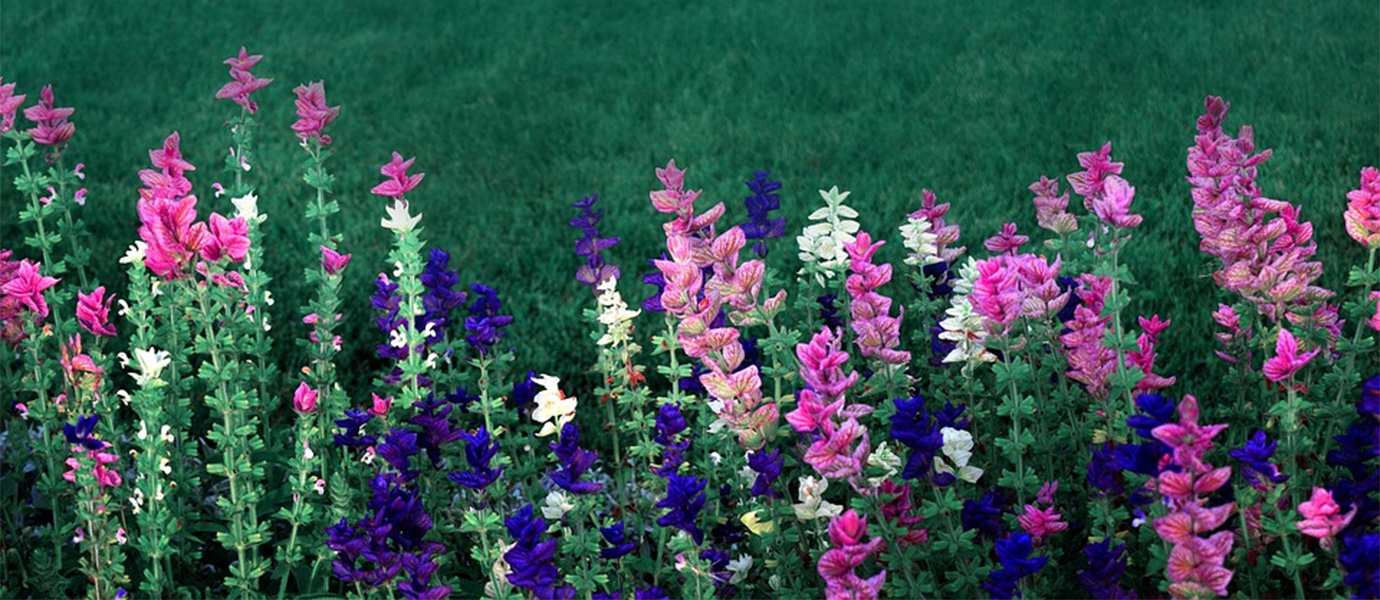ABOUT
North Carolina Arboretum
At the 434-acre North Carolina Arboretum, groups can view botanical exhibits, artwork, and a wide range of flower types. Permanent garden exhibits include bonsai specimens, rhododendrons, hollies, azaleas, medicinal plants, and many others. Art exhibits, located in the Baker Exhibit Center and on the second floor gallery of The Education Center, have featured fiber art, garden scale model trains, and more. The North Carolina Arboretum hosts a variety of educational programs for students, scouts, homeschoolers, and campers with the aim of encouraging outdoor exploration and environmental awareness.
contact info
Hrs: Vary by season.
HELPFUL LESSON PLAN(S)
Prepared by FieldTripDirectory.com
Botanical Garden Lesson Plan
FUN FACTS
The diverse world of plants is perhaps the weirdest, and most fascinating, of all living things. Bamboo can grow over three feet in one day (you can literally watch it grow). There are 600 species of carnivorous plants, which trap and digest insects, frogs, or small birds (if a vegetarian eats this plant, are they still a vegetarian?). The world’s largest flower, Rafflesia, can grow up to three feet in diameter (how big would a bouquet be…). Do a little digging on your next trip to a botanical garden (not literally!), and see what interesting plant facts you can find.
View Lesson Plan>>ABOUT
North Carolina Arboretum
At the 434-acre North Carolina Arboretum, groups can view botanical exhibits, artwork, and a wide range of flower types. Permanent garden exhibits include bonsai specimens, rhododendrons, hollies, azaleas, medicinal plants, and many others. Art exhibits, located in the Baker Exhibit Center and on the second floor gallery of The Education Center, have featured fiber art, garden scale model trains, and more. The North Carolina Arboretum hosts a variety of educational programs for students, scouts, homeschoolers, and campers with the aim of encouraging outdoor exploration and environmental awareness.
contact info
Hrs: Vary by season.
HELPFUL LESSON PLAN(S)
Prepared by FieldTripDirectory.com
Botanical Garden Lesson Plan
FUN FACTS
The diverse world of plants is perhaps the weirdest, and most fascinating, of all living things. Bamboo can grow over three feet in one day (you can literally watch it grow). There are 600 species of carnivorous plants, which trap and digest insects, frogs, or small birds (if a vegetarian eats this plant, are they still a vegetarian?). The world’s largest flower, Rafflesia, can grow up to three feet in diameter (how big would a bouquet be…). Do a little digging on your next trip to a botanical garden (not literally!), and see what interesting plant facts you can find.
View Lesson Plan>>ABOUT
North Carolina Arboretum
At the 434-acre North Carolina Arboretum, groups can view botanical exhibits, artwork, and a wide range of flower types. Permanent garden exhibits include bonsai specimens, rhododendrons, hollies, azaleas, medicinal plants, and many others. Art exhibits, located in the Baker Exhibit Center and on the second floor gallery of The Education Center, have featured fiber art, garden scale model trains, and more. The North Carolina Arboretum hosts a variety of educational programs for students, scouts, homeschoolers, and campers with the aim of encouraging outdoor exploration and environmental awareness.
contact info
Hrs: Vary by season.
HELPFUL LESSON PLAN(S)
Prepared by FieldTripDirectory.com
Botanical Garden Lesson Plan
FUN FACTS
The diverse world of plants is perhaps the weirdest, and most fascinating, of all living things. Bamboo can grow over three feet in one day (you can literally watch it grow). There are 600 species of carnivorous plants, which trap and digest insects, frogs, or small birds (if a vegetarian eats this plant, are they still a vegetarian?). The world’s largest flower, Rafflesia, can grow up to three feet in diameter (how big would a bouquet be…). Do a little digging on your next trip to a botanical garden (not literally!), and see what interesting plant facts you can find.
View Lesson Plan>>ABOUT
North Carolina Arboretum
At the 434-acre North Carolina Arboretum, groups can view botanical exhibits, artwork, and a wide range of flower types. Permanent garden exhibits include bonsai specimens, rhododendrons, hollies, azaleas, medicinal plants, and many others. Art exhibits, located in the Baker Exhibit Center and on the second floor gallery of The Education Center, have featured fiber art, garden scale model trains, and more. The North Carolina Arboretum hosts a variety of educational programs for students, scouts, homeschoolers, and campers with the aim of encouraging outdoor exploration and environmental awareness.
contact info
Hrs: Vary by season.
HELPFUL LESSON PLAN(S)
Prepared by FieldTripDirectory.com
Botanical Garden Lesson Plan
FUN FACTS
The diverse world of plants is perhaps the weirdest, and most fascinating, of all living things. Bamboo can grow over three feet in one day (you can literally watch it grow). There are 600 species of carnivorous plants, which trap and digest insects, frogs, or small birds (if a vegetarian eats this plant, are they still a vegetarian?). The world’s largest flower, Rafflesia, can grow up to three feet in diameter (how big would a bouquet be…). Do a little digging on your next trip to a botanical garden (not literally!), and see what interesting plant facts you can find.
View Lesson Plan>>
